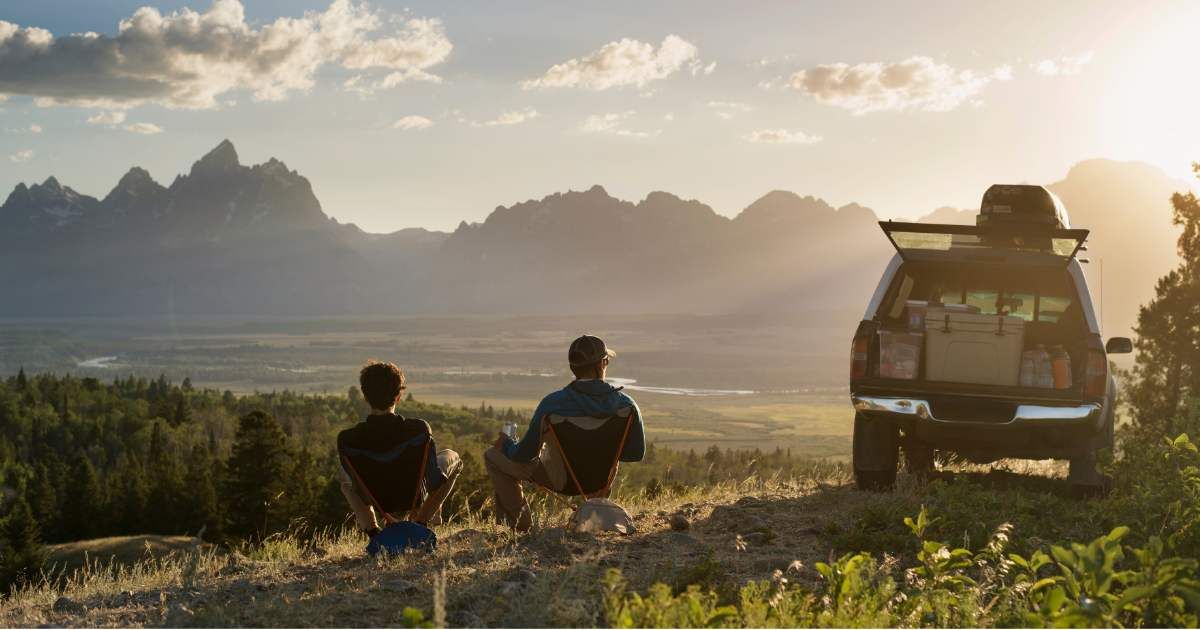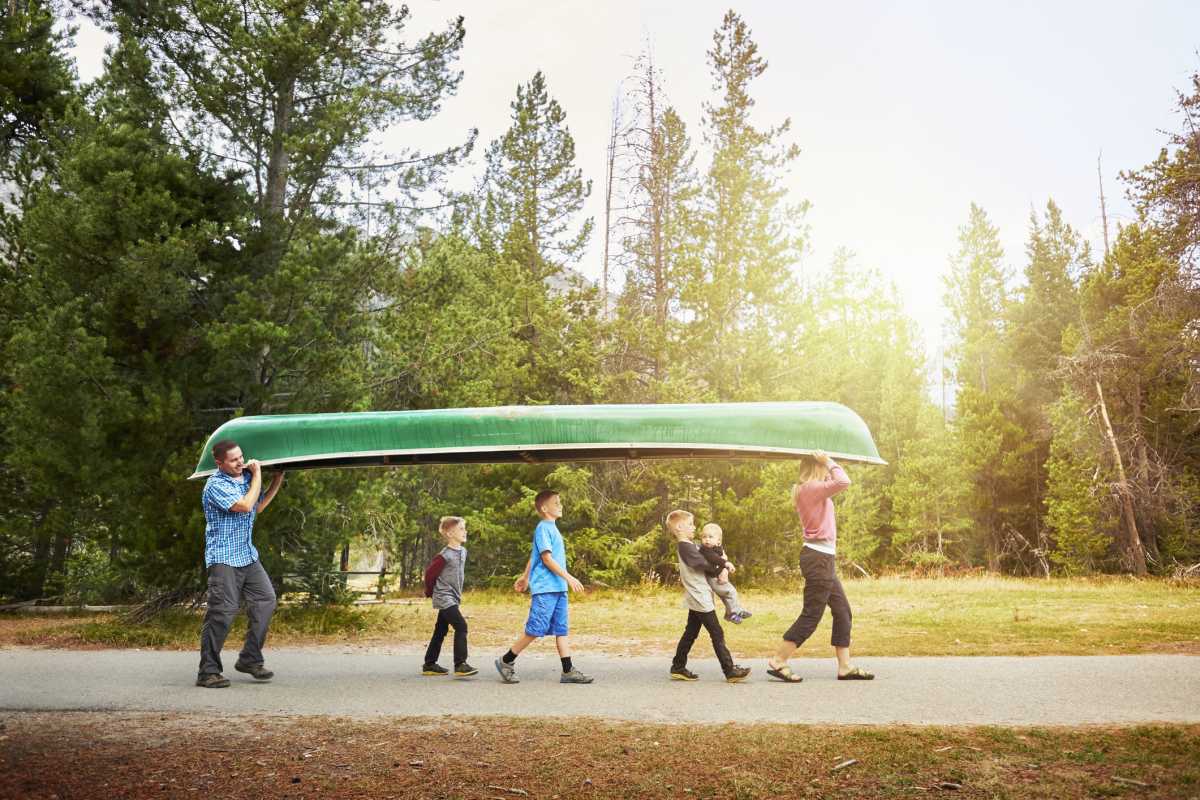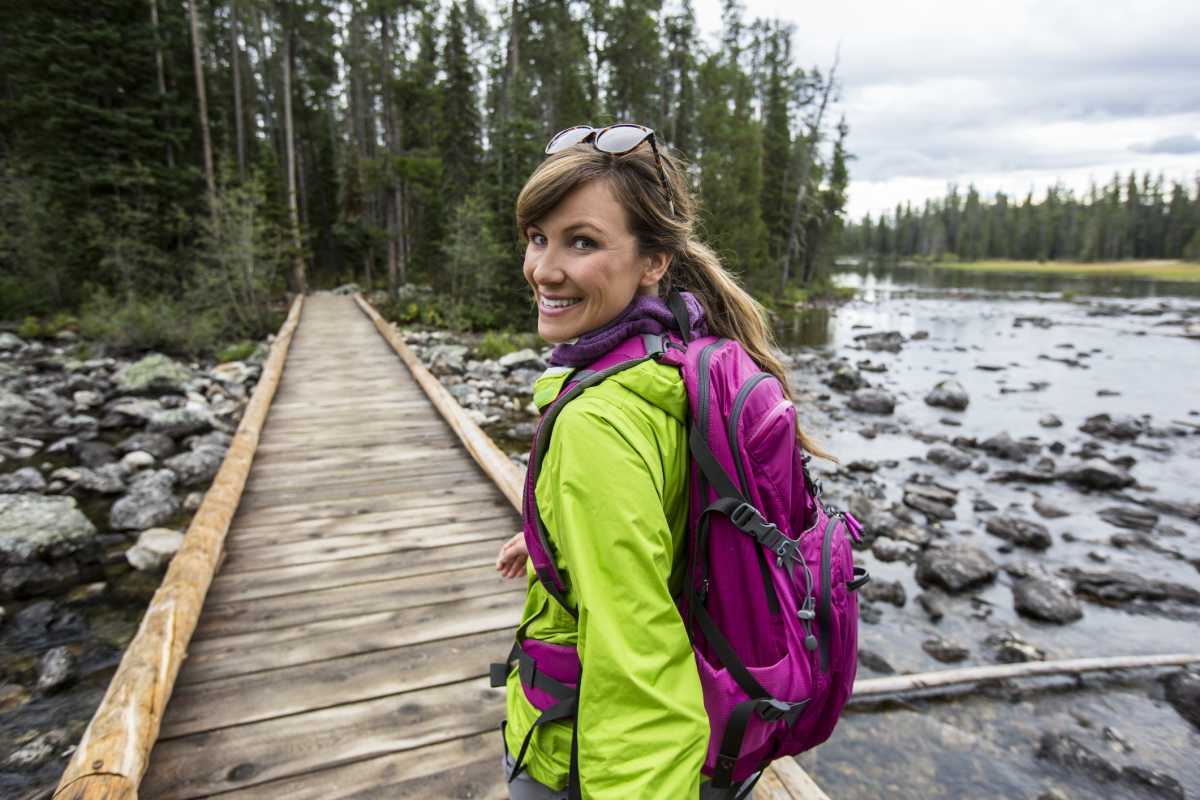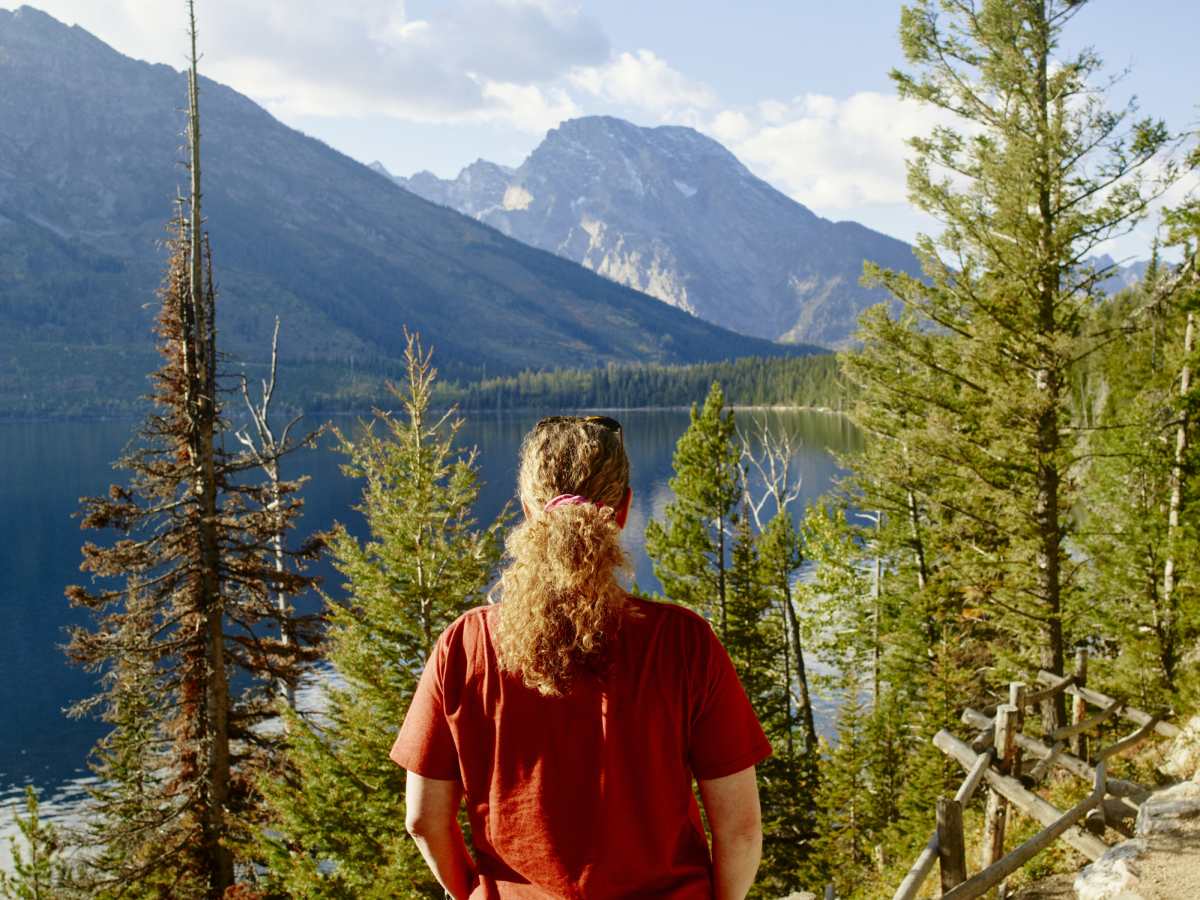A Strange Problem is Troubling Grand Teton National Park and It Has Everything To Do With Poop

The visitors of Grand Teton National Park find the experience of delving into its stunning landscape and meditative soundscape unmatchable. But wait. It's poo-pooing here! According to a recent report in the Jackson Hole News & Guide, the park’s officials found gross amounts of human poop and smells near the lake, and they made a decision to build a new restroom facility for the visitors. With poopy droppings and despicable scents instantly evoking disgust, it is a hindrance for tourists and hikers who wish to enjoy the serenity that the natural landscape offers. Between 2013 and 2023, about 800,000 people visited the park, a number which evokes an image that is better wiped out from the mind.

With a growing visitor population combined with long entry queues and arduous hikes to the lake, the existing facilities no longer “adequately support quality year-round visitor experiences and have led to negative impacts on resources, visitor experiences, and Park operations,” according to the environmental assessment. One of the main reasons why this happens is a lack of education among the visitors, most of whom are from the backcountry or low-lying regions tucked around the park’s premises.

“For most of our visitors, it’s their first time here. They’re not super familiar with being in the backcountry,” Sami Powers, a staffer who manages the park’s environmental compliance program, told JH News & Guide. “Sometimes you can tell if it was an emergency or if they planned it by whether there’s clothing there,” she added. But no matter how much experts may brood on this problem, it lingers, like a smelly blotch discarded in the middle of a pristine, untouched landscape.

So they figured out a solution that could potentially minimize the scope of this problem: reimagining the park by installing a backcountry restroom. The only downside of this plan: a restroom in the middle of the park could disrupt the natural vibe of the wilderness, which, in a way, is embarrassing. “When visitors encounter human waste along the trail, this could negatively affect their feelings of solitude,” the Park Service said, according to the Billings Gazette.

This is not the first time such a measure has been planned to deal with a kooky dilemma like this. The Yellowstone Park, for instance, is already punctuated with signs that lead visitors towards squatty potties akin to those found in Asia. But building this toilet, a.k.a restroom, would be no less than a massive slog. The strategy would require two to five helicopter trips to haul the heaviest materials to the forest and the lake area. In case a part should be removed, it would also require another helicopter. A back-breaking deal for sure.

The plan also includes some improvements in the nearby Cottonwood Creek Picnic Area and is expected to finish over two years, starting from 2026. During this time, visitors would have limited access to this area of the park. The estimated construction cost for the project is $14.6 million, with about $10.5 million in philanthropic funding from the Grand Teton National Park Foundation, according to the outlet. Construction and associated closures should begin in 2026.
Meanwhile, it’s best to follow the unsaid rule: leave no traces!
More on Green Matters
Tourists Warned of Rabies Risk After Bat-Infested Cabins Found at a Popular National Park
National Park Visitor Threw Away a Bag of Cheetos in a Cave and It Completely Wrecked the Ecosystem
Tourists Are Ruining Yellowstone National Park’s Geothermal Pool With Their ‘Good Luck’ Coins